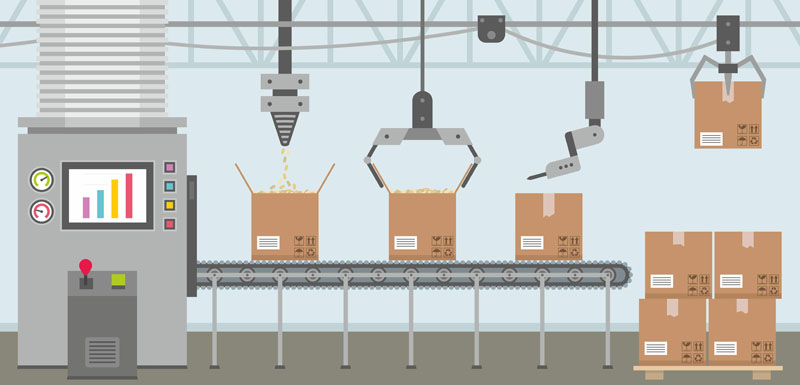One of the biggest advantages of venturing into manufacturing instead of retail is that you can command greater profit margins in the former. Manufacturers have more control over the costs of their production processes, unlike retailers who have to contend with all three of supplier prices, competitor prices and their overheads. The reason many an enterprising individual prefers a retail business over a manufacturing one is that they consider the latter to be harder to tackle and more demanding of resources, particularly financial ones. However, you must fear not, today I list a few products which are relatively easy to manufacturer and sell in Zimbabwe. Please note that my definition of “easy to manufacture” for this article covers any product whose manufacture does not require (a) any particularly expensive or complicated piece of equipment or (b) the possession of any specialized set of skills.
Soap and detergent
Soap and detergent manufacturing operations are very scalable. This is a line of business which you can literally start with no equipment beyond your kitchen utensils and some chemicals but which you can still grow, with enough investment, into a factory sized operation. Due to the large numbers of small business people who are manufacturing these (soaps and detergents) in their homes, several shops have sprouted all over the country which specialises in selling the chemicals needed by this small but burgeoning home industry. The market for your products can even include big companies which buy in bulk and hence tend to be less fussy about packaging than regular consumers.
Casting concrete
You can also build a business around manufacturing concrete products. All you need to get started is a water source, an open space, some manpower, a few bags of cement, some sand and you are ready to start churning out any of the various building products which can be made out of concrete. Examples of these are concrete building blocks, roofing tiles, paving stones, manhole covers, drain pipes, headstones, precast walls etc. While a cement mixer will serve you well later in the life of this kind of business, at a pinch you can start with just buckets and shovels. Your customer base can include people building their homes, building contractors and local municipalities.
Furniture making
In Zimbabwe, the furniture industry is one of the few that have not yet been completely overwhelmed by cheaper imports. Off course this is probably more due to the sheer size, bulk and unwieldiness of most pieces of home furniture than anything else. To get started as a furniture manufacturer you will need to hire some carpenters and perhaps a few upholsterers too. You can also hire or contract the services of a professional designer so that your products are more original and appealing to the eye. Besides individuals, you can also market your furniture to businesses like lodges and hotels.
Welded steel products
Door frames, window frames, steel doors, burglar bars and gates all constitute welded steel products which have a large and ready market. Most of your customers will probably come from the construction industry. To get started in this line of business you will need to buy equipment such as welding machines, drilling machines and grinders in addition to your workers’ personal protective equipment and clothing. Raw materials such as steel bars and sheets will have to be bought only when needed, especially if your funds are limited.
Clothes production
Sewing clothes is itself a form of manufacturing and is not a particularly resource demanding one at that. To get started you will need sewing machines, a little bit of furniture and a building to work out of. While the larger local clothing companies have failed to hold their own against cheaper (and better quality) imports, you can emulate some of their smaller counterparts which have enjoyed some success by focusing on specific niches e.g. African attires, wedding wear, graduation gowns, school uniforms, political party regalia, corporate wear, safari wear and personal protective clothing.
Ice block production
While this entry may not be as “easy” as the other ones on this list, I felt that I could not talk about products which are easy to manufacture without including the one whose main and only ingredient happens to be actual water. To start a business producing ice blocks you will need an ice machine—in South Africa, one which can produce around 250kg of ice per day will cost you less than 4000USD. Some or most of the ice blocks which you produce will either be consumed by people or they will come into contact with the food and beverages which they consume. It is therefore crucial that you obtain your water from a clean source. This is a seasonal business and demand for your product will spike during the summer months and be virtually non-existent during winter ones. Last summers ice shortage in Harare and it’s surrounding areas should motivate you.









wow